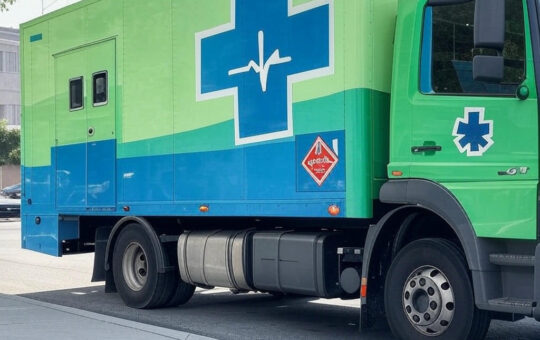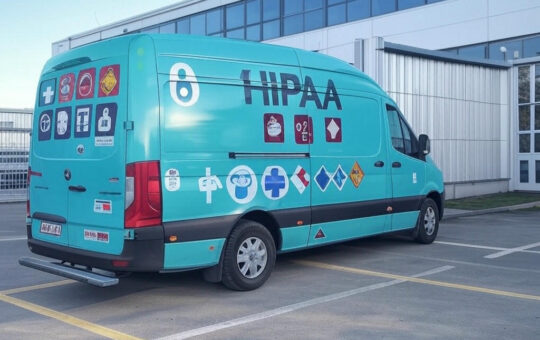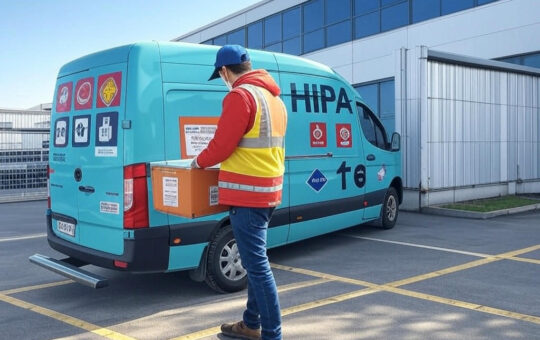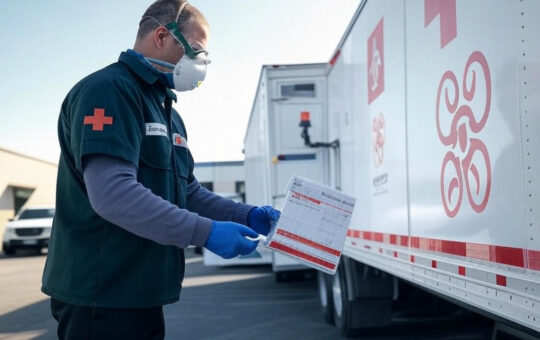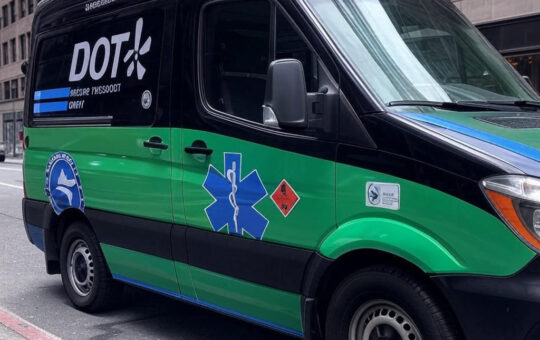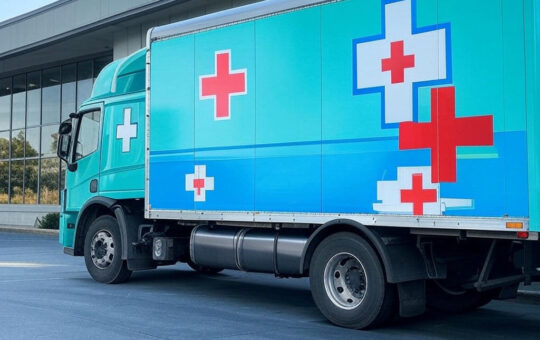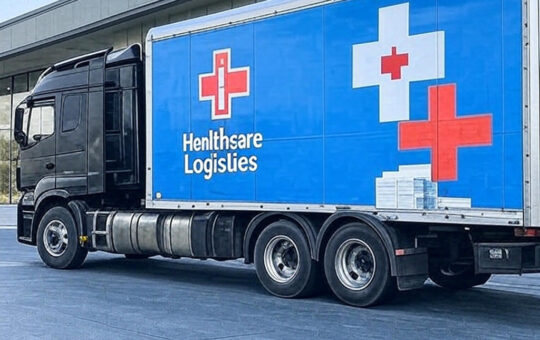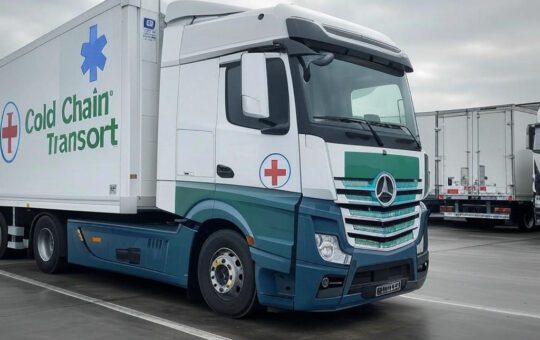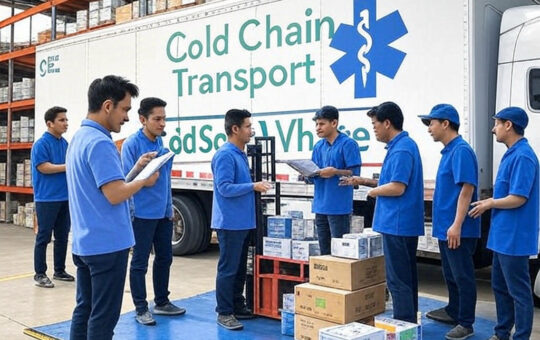Cybersecurity for the Healthcare Logistics Industry
By the end of this course, participants will be able to:
Identify major cybersecurity threats to healthcare logistics
Understand and apply regulatory requirements (HIPAA, FDA, HHS) for data protection
Assess and manage supply chain cyber risks
HIPAA Compliance
Understand HIPAA regulations and their application to medical couriers.
Learn secure handling and transportation practices for PHI.
Recognize the importance of Business Associate Agreements (BAAs) and employee training.
OSHA Compliance Course for Healthcare Logistics Industry
Understand OSHA regulations and their application to healthcare logistics.
Learn safe handling and transportation practices for hazardous materials and biohazards.
Recognize ergonomic risks and implement safe lifting and material handling techniques.
Bloodborne Pathogens for Healthcare Logistics
Understand the risks and transmission of bloodborne pathogens in logistics settings.
Learn proper handling, packaging, and transportation of biohazardous materials.
Master exposure prevention and emergency response procedures during transport.
Specimen Handling
Understand the importance of specimen integrity in healthcare logistics.
Learn regulatory requirements, including OSHA, DOT, IATA, and HIPAA.
Master standard procedures for packaging, labeling, and transporting specimens.
Apply safety and infection control measures to prevent biohazard exposure.
Safe Transportation in Healthcare Logistics
- This course seems likely to effectively train healthcare logistics professionals, such as medical couriers, on safely transporting medical supplies, specimens, and equipment.
- It focuses on regulatory compliance (OSHA, DOT, IATA, HIPAA), safe handling, emergency response, and quality assurance.
- The evidence leans toward the course being critical for ensuring specimen integrity, worker safety, and patient data protection.
DOT Regulations for Healthcare Logistics
Understand DOT regulations applicable to healthcare logistics.
Learn to classify hazardous materials, including infectious substances and medical waste.
Master proper packaging, labeling, and marking for transport.
Inbound Logistics for the Healthcare Industry
Understand the role of inbound logistics in the healthcare supply chain.
Learn regulatory requirements for medical supplies, pharmaceuticals, and equipment.
Develop strategies for efficient procurement, storage, and inventory management.
Outbound Logistics for the Healthcare Industry
Understand the role of outbound logistics in the healthcare supply chain.
Learn regulatory requirements for distributing medical supplies, pharmaceuticals, and equipment.
Develop strategies for efficient distribution, transportation, and delivery.
Cold Chain Logistics for the Healthcare Industry
Understand the principles and importance of cold chain logistics in healthcare.
Learn regulatory requirements and standards for transporting and storing temperature-sensitive medical products.
Develop strategies for effective temperature monitoring, control, and risk management.
Warehousing & Inventory Management for the Healthcare Industry
Understand the unique requirements for storing and managing medical products.
Implement secure and compliant warehousing practices.
Develop skills in inventory tracking and management specific to healthcare.
Pharmaceutical & Medical Device Logistics
Understand the regulatory framework governing pharmaceutical and medical device logistics.
Learn how to manage temperature-sensitive products through cold chain logistics.
Develop skills in packaging and labeling to meet regulatory requirements.
- 1
- 2



